Troubleshooting Tips for Common Philadelphia Water Heater Problems
When it comes to maintaining your home, taking care of essential components is crucial. One such component is the water heater, which plays a vital role in our daily routines. We rely on it for tasks like showering, washing dishes, and doing laundry. To ensure the proper functioning of your water heater, this guide is designed to help you tackle common issues that may arise.
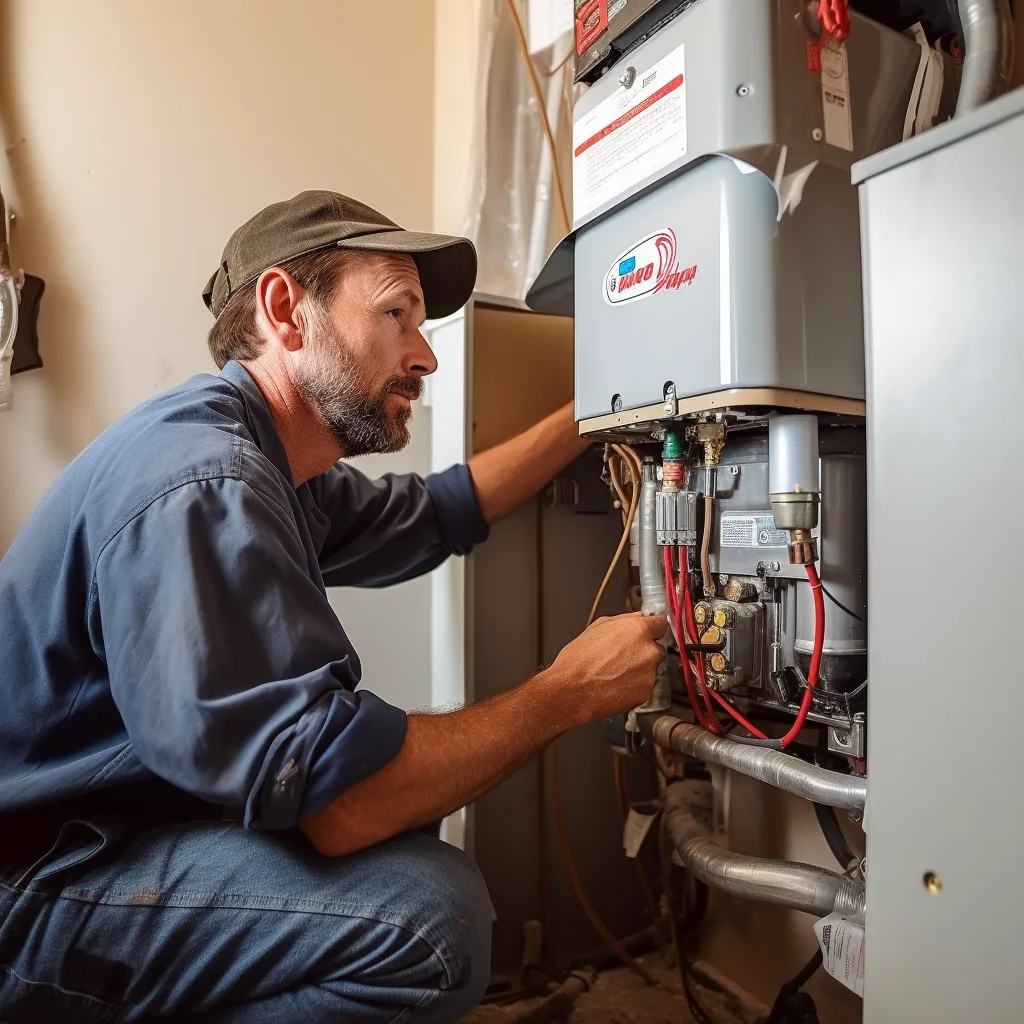
The tank is leaking
If you discover a leak in your water heater, it could be caused by a faulty pressure relief valve or a corroded tank. To address this issue, follow these steps:
Turn off the power supply to the water heater.
Shut off the water supply to the water heater.
Drain the water from the tank by attaching a hose to the drain valve and directing it to a suitable drain location.
Inspect the pressure relief valve for any signs of damage or malfunction. If necessary, replace the valve with a new one.
Examine the tank for corrosion or signs of damage. If the tank is corroded, it may need to be replaced.
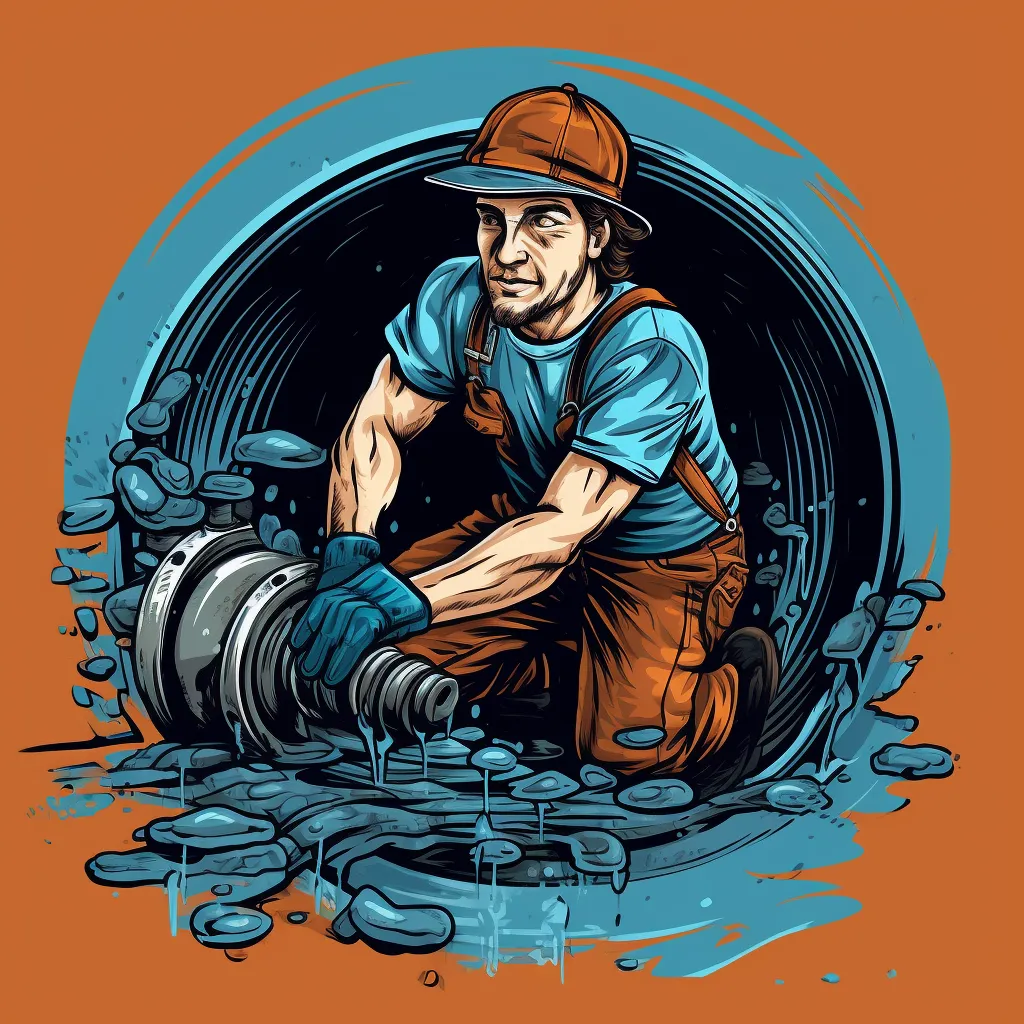
The water is discolored
If you notice discolored water coming from your water heater, it could be an indication that flushing and descaling are needed. Over time, minerals and sediment can accumulate in the tank, causing discoloration of the water. To address this issue, follow these steps:
Check if the pressure relief valve needs to be replaced. A malfunctioning valve can lead to issues and should be replaced by a professional.
Flush the water heater using a mixture of white vinegar and water. This can help eliminate sediment and mineral buildup, enhancing the heater's performance.
Inspect the anode rod for signs of deterioration or corrosion. If corrosion is present, it's recommended to replace the anode rod to prevent further damage.
If needed, seek the assistance of an expert to conduct a comprehensive descaling treatment for your water heater.
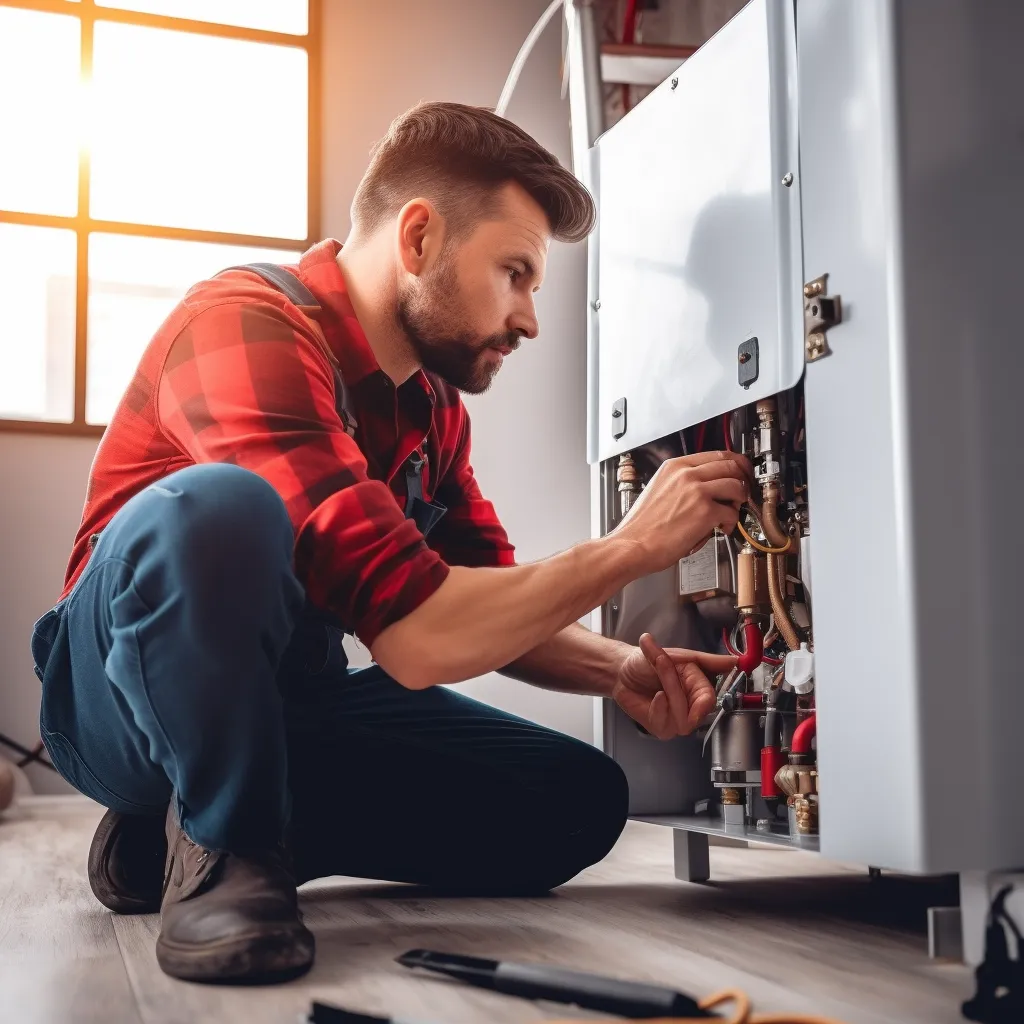
The water smells bad
When faced with tank problems in your water heater caused by bacteria buildup, follow these steps:
Contact a professional to inspect the tank and assess if replacement is necessary.
Flush the water heater using a mixture of white vinegar and water to help reduce odors and bacteria buildup.
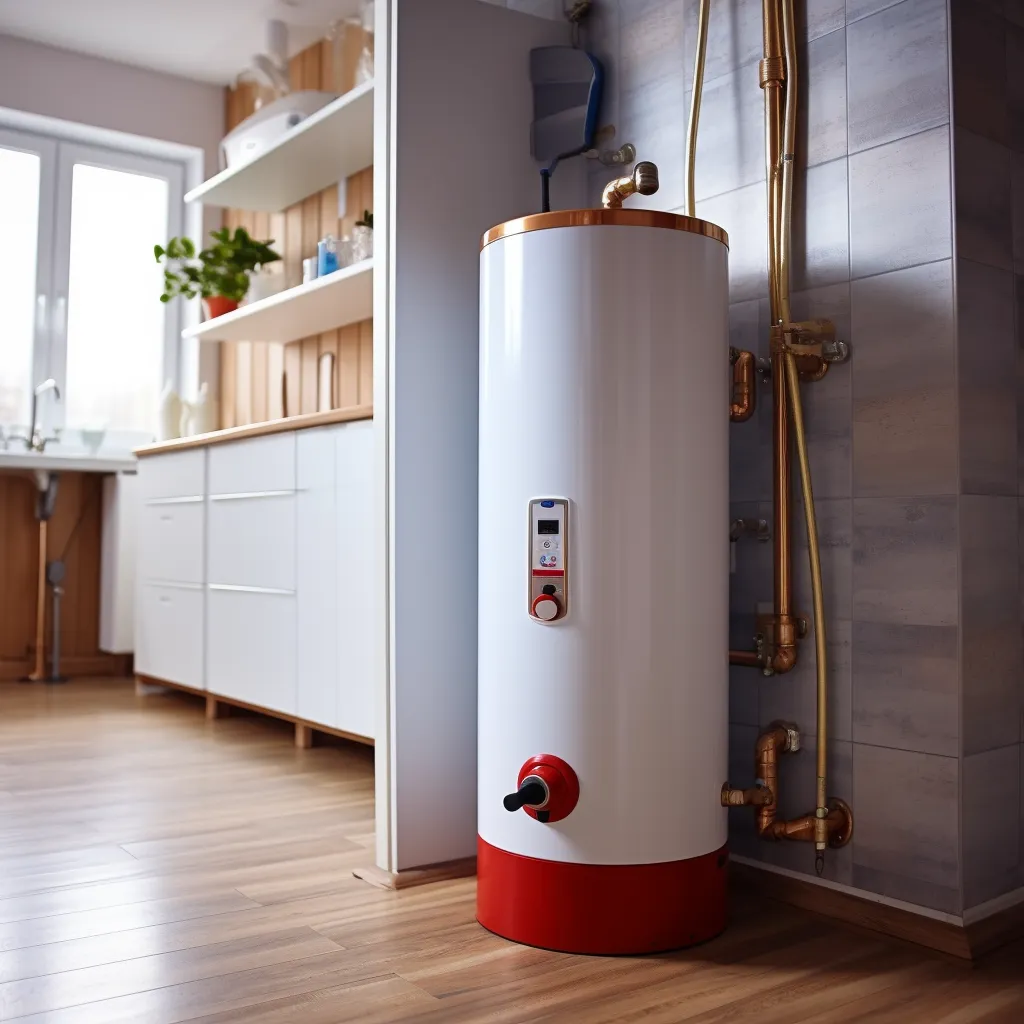
Noisy water heater
If you notice unusual noises coming from your water heater, it could be due to sediment buildup or loose parts. Here's how you can address these issues:
Regularly flush your water heater to control sediment buildup. This involves draining the tank to remove accumulated sediment.
Have a licensed plumber inspect all internal components of your water heater to ensure they are properly secured and tightened


Tank takes a long time to reheat
If your tank water heater is taking an unusually long time to reheat, there may be several underlying causes, such as a malfunctioning thermostat, an undersized tank, or mineral buildup. Here are steps you can take to address the issue:
Check the thermostat settings and make sure they are properly adjusted. If the thermostat is not functioning correctly, consider replacing it with a new one.
Evaluate the size of your tank and determine if it is adequately sized for your hot water demands. If the tank is undersized, upgrading to a larger tank may be necessary.
Flush the water heater to remove any mineral buildup that may be affecting its efficiency. Follow the manufacturer's instructions or consult a professional plumber for guidance.
If the above steps do not resolve the issue, it is recommended to contact a licensed plumber to further diagnose and address the problem.
Low hot water pressure
If you're experiencing low hot water pressure, there are a few potential causes, such as a small hot water tank or a leaky plumbing system. Here are steps you can take to address the issue:
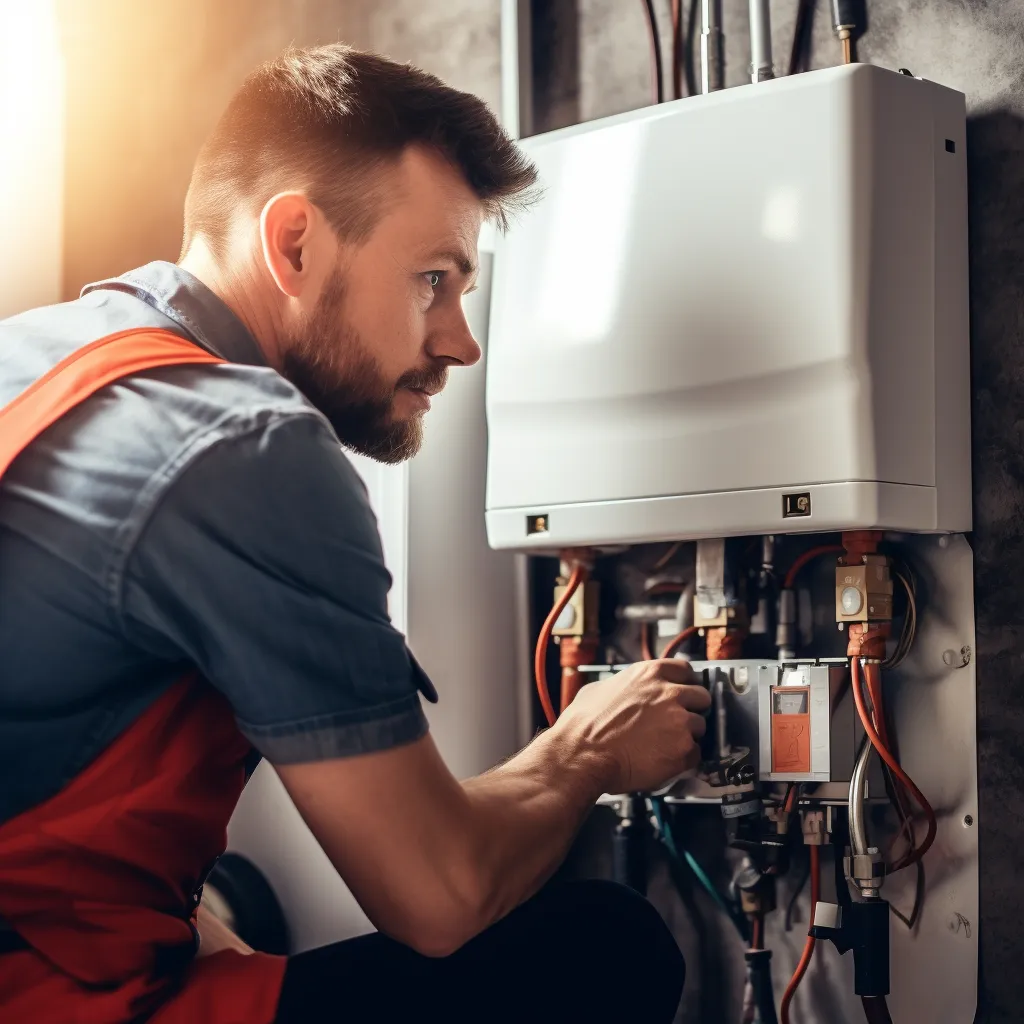
Verify that your hot water tank is adequately sized for your household's hot water demands. If it is undersized, consider upgrading to a larger tank to improve water pressure.
Have a professional plumber inspect your plumbing system for any leaks, as leaks can contribute to reduced hot water pressure. If any leaks are found, they can be repaired to restore proper water flow.
Check the pressure relief valve on your hot water tank to ensure it is functioning correctly. If it is not, have it replaced by a professional plumber.


Low supply of hot water
If you're facing a low supply of hot water and it cools down quickly, there are a few potential causes to consider, such as a malfunctioning thermostat, an undersized tank, or clogged pipes. Here are some troubleshooting tips to help address the issue:
Verify that your water heater's thermostat is functioning correctly. Ensure it is set to the desired temperature and accurately controls the heating element.
Contact a licensed professional to inspect your water heater. They can identify any underlying issues and perform necessary maintenance, such as descaling to remove mineral buildup that may be affecting the heating efficiency.
If your current water heater tank is undersized and unable to meet your hot water demands, upgrading to a larger tank or considering a tankless water heater might be necessary. This will ensure an adequate supply of hot water for your household.
Ways to prevent future water heater problems
Here's how you prevent issues with your water heater in the future:
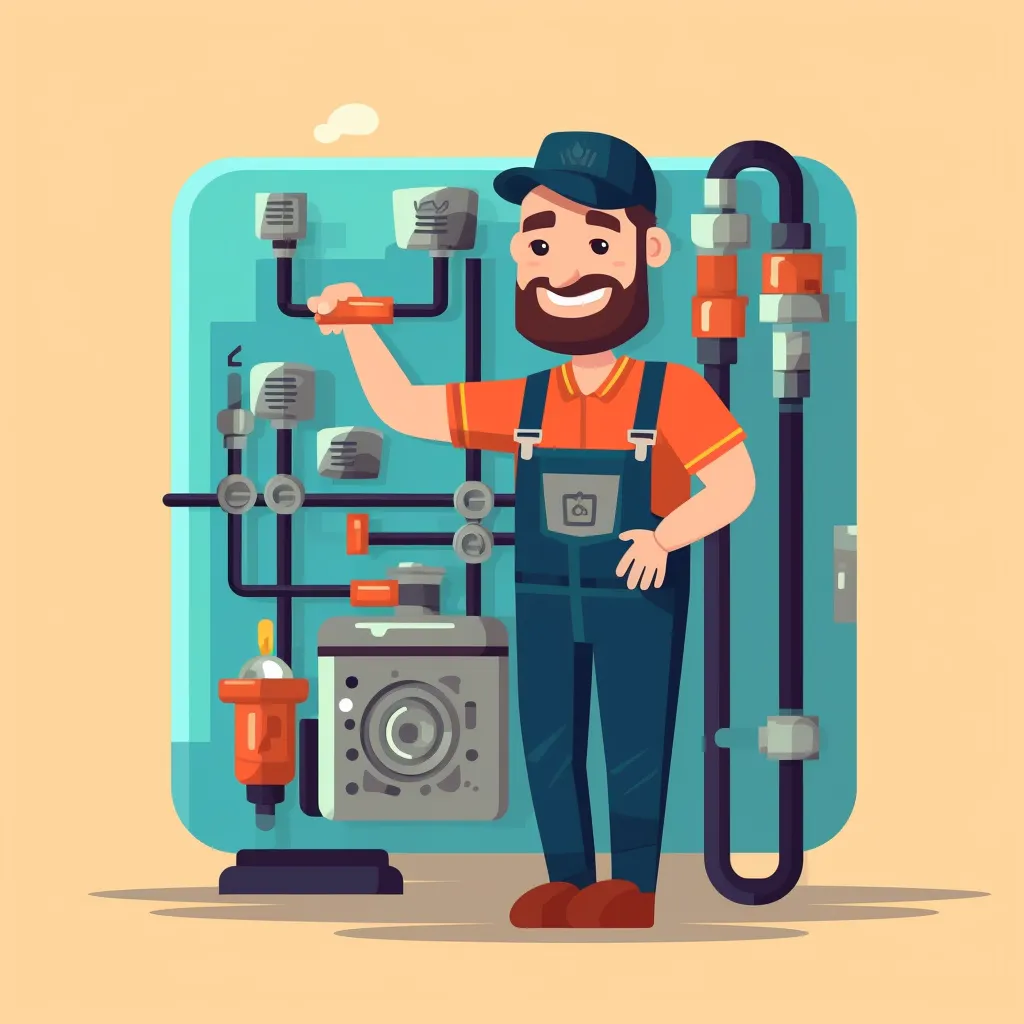
Periodically inspect for wear and corrosion.
Regularly flush out the tank to remove sediment buildup.
Check valves and fittings for leaks.
Replace the anode rod every few years.
Schedule professional descaling or servicing.
Choose the appropriate water heater size.
Adjust the temperature to recommended settings.
Insulate pipes to minimize heat loss.
Consider energy-efficient models.
Promptly repair any leaks.
Know the location of the shutoff valve.
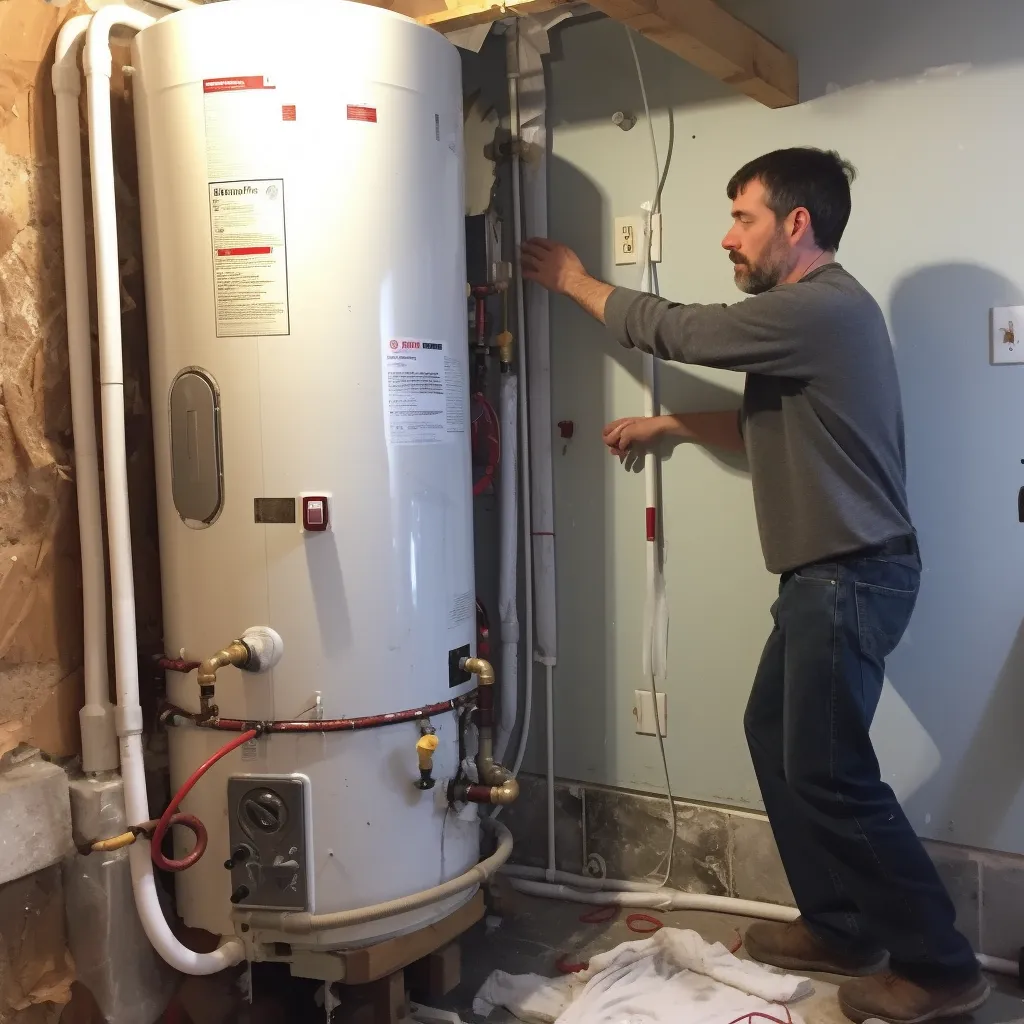
Keeping your water heater in optimal condition and preventing potential issues is essential for the smooth functioning of your home. While it's always advisable to consult a professional for any repair or maintenance concerns, following these simple steps can contribute to the longevity and efficient performance of your water heater. By adhering to these basic guidelines, you can take proactive measures to keep your water heater in excellent shape.
Know when to call
in a licensed plumber
Proper maintenance of your water heater is crucial for its optimal performance and longevity. While it's always best to seek professional assistance for any repairs or maintenance tasks, following these basic steps can help you prevent potential issues and ensure your water heater remains in excellent condition. By taking these proactive measures, you can contribute to the efficient and reliable operation of your water heater.
What to look for in a licensed plumber
When choosing a licensed plumber, conducting thorough research and considering several factors is essential to ensure you make the right decision. Here are some key factors to consider:
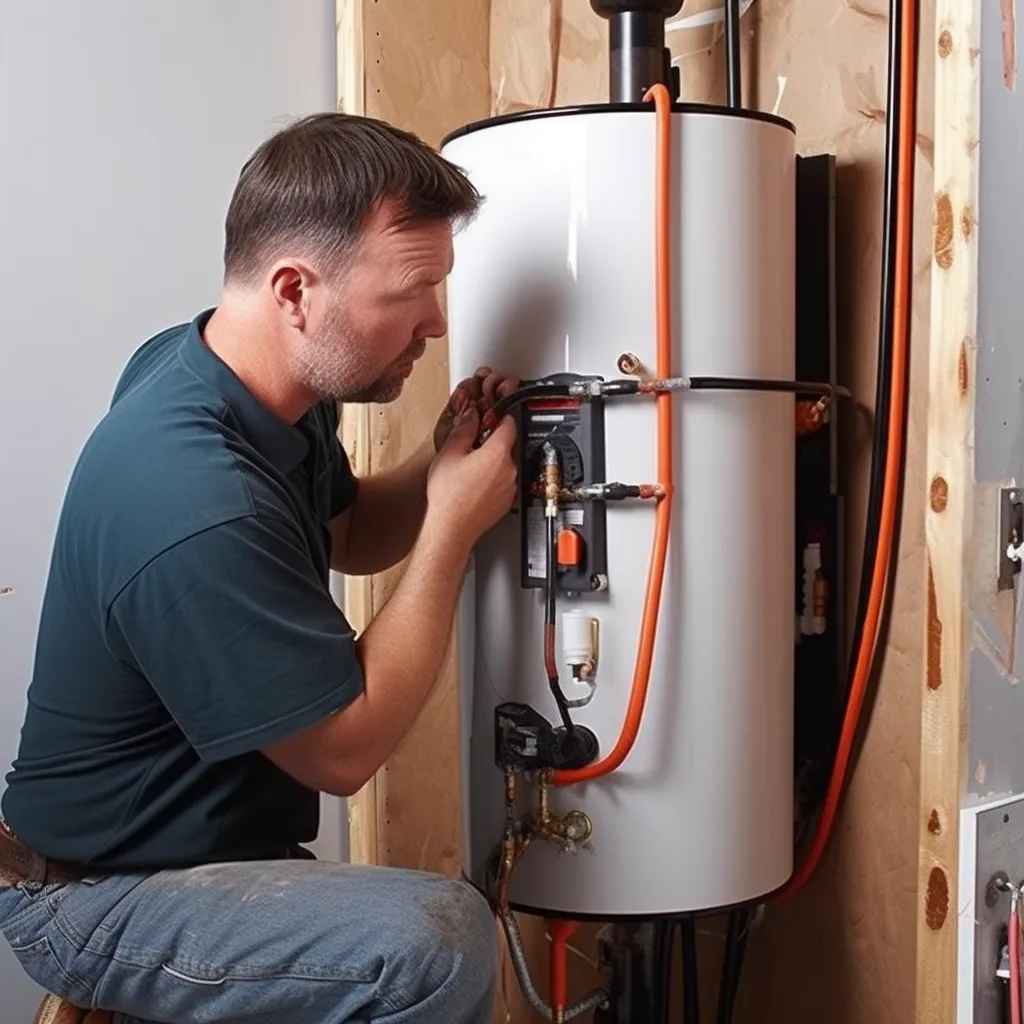
License and Certification: Verify that the plumber is licensed and holds the necessary certifications to perform water heater installation and repair.
Experience and Expertise: Look for a plumber with extensive experience in water heater services. A seasoned professional will have the knowledge and skills to handle various types of water heaters and any potential issues that may arise.
Reputation and Reviews: Check online reviews and testimonials from previous customers to gauge the plumber's reputation. Positive feedback and high ratings are indicators of quality service.
Insurance and Warranty: Confirm that the plumber carries adequate insurance coverage and offers warranties on their work. This protects you from potential liabilities and ensures you receive quality service.
Pricing and Estimates: Request detailed estimates from multiple plumbers to compare their pricing and services. However, be cautious of significantly low prices that may indicate subpar quality.
Customer Service: Evaluate the plumber's responsiveness and professionalism in addressing your inquiries and concerns. Good communication and excellent customer service are important for a smooth and satisfactory experience.
Reach out to a professional today
When facing issues with your water heater, it's crucial to seek the expertise of a licensed plumber. They can diagnose the problem accurately and provide reliable solutions for long-term results. By following these recommendations and relying on a professional's guidance, you can effectively address water heater difficulties and maintain a well-functioning home. For further assistance or advice, reach out to an experienced plumber who can assess your specific situation and recommend the best course of action to restore your water heater's functionality.
Contact Us
GET IN FULL TOUCH
PHONE: (267) 715-3102
EMAIL:
tyler@waterheatersphiladelphia.com
Water Heaters Philadelphia
Philadelphia, PA 19147

